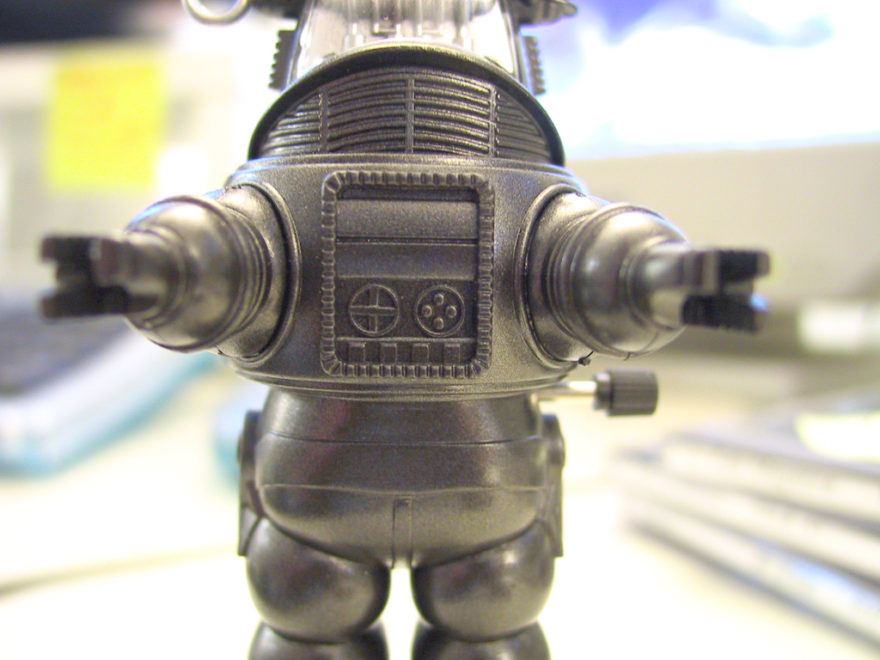Technology will change work in ways we can only begin to imagine. Self-driving cars and trucks, for example, could eliminate 4 million transportation jobs in the next 10 or 20 years in the US alone. But it’s not just blue collar jobs which will be replaced. In medicine, we will increasingly see hospitals turning to artificial intelligence for diagnoses and incredibly precise robots for surgical procedures. It’s not that we won’t have human doctors, just that many of the tasks that they currently spend hours on every week could be done by computers with better accuracy, more consistency, and lower cost.
In finance, Blackrock, one of the world’s largest asset managers, announced last week they would be reducing the number of actively managed funds they offer, to focus more on quantitative investing using computer models. Rather than using human research and analysis, they are finding that computers may be better stock pickers, especially after costs are considered.
Jobs in manufacturing today are more likely lost to automation than to outsourcing to another country with a lower cost of labor. In almost every industry, fewer workers will be needed, and eventually we will even have robots designing, building, and repairing other robots.
With human workers being replaced by robots, Bill Gates has proposed taxing robots for the economic value of their productivity, rather than taxing humans based on their income. (Gates’ comments appeared in the Wall Street Journal, Forbes, and elsewhere this month.) This would help address the loss of tax revenue as companies employ fewer humans to create the same or higher economic output.
A frequently discussed use of a “robot tax” would be to create a universal living wage for all people, to help offset the loss of income from automation. It’s a novel idea.
It will be interesting to see what jobs will look like 25 and 50 years from now. Change is inevitable. Just as Henry Ford made horse drawn buggies obsolete, today’s technologies will inevitably cause some industries to go away. Instead of trying to save jobs in manufacturing, trucking, or coal mining, we might be smarter to not stand in the path of progress, and focus on being a leader in technology, automation, and clean energy.
Those are challenges for countries. I see two distinct challenges for individuals:
1) Are you in a profession which could be replaced by automation or new technology? If so, can you adapt while maintaining or improving your current income? Can you keep from becoming obsolete in a rapidly changing economy? Smart workers will manage their careers and proactively change jobs before it is forced upon them.
2) Your financial security will depend on your savings. Social Security is projected to be bankrupt by 2034 (when I turn 62, just my luck…), and many municipal and corporate pensions are significantly underfunded. It’s easy to bemoan that we deserve what was promised to us, but that doesn’t change the math: people are living longer, the ratio of workers to retirees has fallen dramatically, and the money simply isn’t there. What seemed feasible in 1950 or 1980 we know doesn’t work with 2017’s demographics.
There is no easy fix to just keep these programs as they are today without enormous tax increases. There will be cuts to retirement programs, whether that occurs through increasing the retirement age, reducing benefits, etc. I believe they will continue to exist, just perhaps not in their current form. People who will derive the bulk of their retirement income from Social Security are at the greatest risk of poverty.
It may seem depressing to think about how the future may displace workers, but technological progress is going to be net positive for society. We will reduce mundane and dangerous jobs, lower costs of goods and services, and increase our total wealth and consumption. And people who say that we don’t make anything anymore aren’t considering the impact and future benefits that are going to come from US leaders like Apple, Tesla, Google, and hundreds of other medical, software, and energy innovations. Work will change – for the better.







